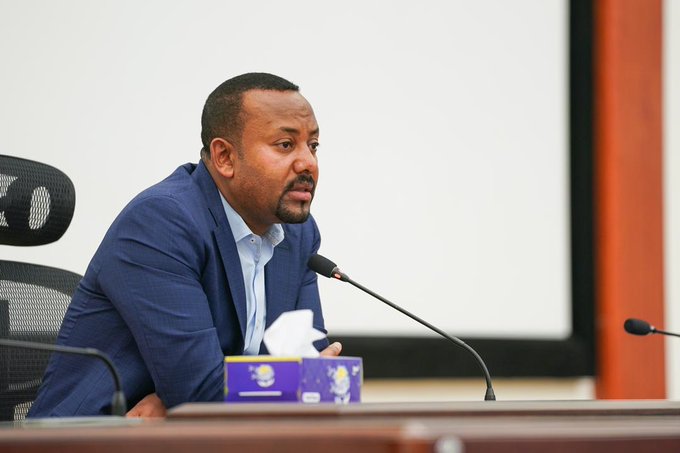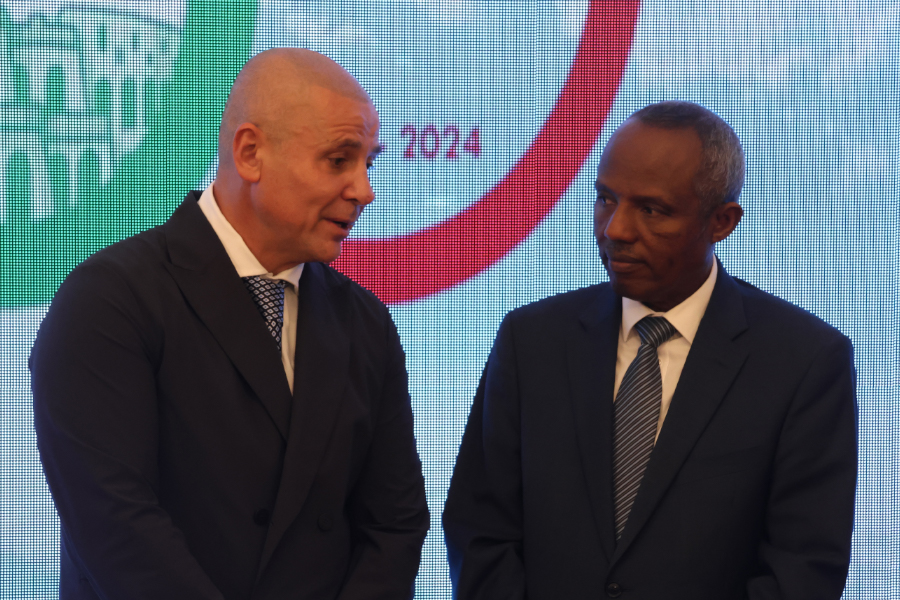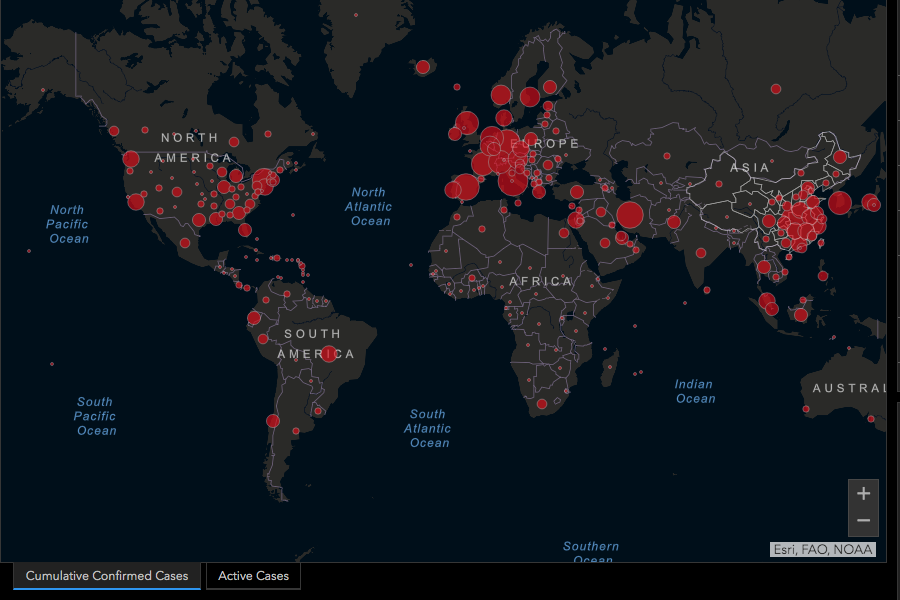
Covid-19 | Apr 08,2020
Apr 16 , 2022
By Eden Sahle
Last week, as I was travelling to Frankfurt, Germany, my country sent me to a foreign nation empty-handed. I had a visa and a plane ticket, all the documents banks required to sell Euros to me. But none of the banks I was directed to had euros or dollars to sell. Some of the bank staff advised me to seek the black market instead of wasting my time with formal channels.
I was fortunate enough to have my hosts in Europe cover all my expenses abroad but such is not the case for all travellers. Both business and leisure travellers face this stubborn problem that has become entrenched. Citizens are denied a right to access foreign currency and then punished when they take matters into their own hands as a desperate measure to going empty-handed.
As I went through the security check to board the plane, a few passengers were weeping because some foreign currency was found in their luggage during the search. Their crime was that their passport did not have a bank stamp confirming they had gone through formal channels. Their foreign currency was confiscated and they were forced to pay a fine before being allowed to fly. Those who escaped the security check with foreign currency bought from the black market were vocal about their frustration with practices that consider this problem an acceptable norm. They told us the illegal things they do to bypass the security check working closely with the thriving and interlinked local and international black market and local officials.
Our own country makes our lives worse than it already is in so many ways when we obey the law. These travellers were denied access from banks. Without having someone supporting them abroad, they were expected to fly empty-handed and do business without cash. Their desperate decision to buy from the black market got them financially penalised.
In my travels abroad and meeting public officials on board, I have found that such things never bother them as they are supplied with per diems in foreign currency with public tax money. The outcry is a distant problem for them to understand.
This time, when I travelled to Frankfurt, boarding with us in economy class was Birtukan Mideksa, chairperson of the National Electoral Board of Ethiopia, as well as a former federal high court judge who is a favourite of mine and my father's. She was down to earth, a good sign from a public servant. But they also need to go through challenges like us to find solutions for everyone. A lack of foreign currency access should be their headache too, as it is for ordinary citizens who are contributing to the battement of the nation in their own ways. Change starts by appreciating the challenge the public faces.
Sometimes it is puzzling we face so many challenges in our own country than elsewhere. We are more ill-treated in our homeland than anywhere. In my experience of travelling to other continents, including other African countries, I have learned how much citizens are protected by their own governments. They are not left with no option as we are oftentimes. This might be one reason so many Ethiopians flee their country.
The foreign currency shortage crisis is not a headache for individuals only but companies and the nation at large and is a considerable challenge for the sustainable development of Ethiopia.
The foreign currency shortage is not new. It is no surprise that the Ethiopian Birr continues to be weaker against a basket of other major currencies. Structural deficiencies and the country’s weak export earnings capacity are the major contributing factors to the country’s never-ending foreign currency crises. The nation is spinning in circles with the same old problem. Decades later, little has changed.
Beyond the challenges, individuals and companies increasing exported goods can address much of Ethiopia’s hurdles in its growth path. The country will not grow by closing its doors and keeping its citizens from travelling. In the era of globalisation, learning from other nations’ experiences and interacting with the rest of the world is what can benefit Ethiopia and its struggling people, who are desperate for lasting and sustainable change.
Accepting problems as a norm never got the country anywhere. The country should feel its people’s pain and do something to change the undesirable realities dragging us deeper into disaster.
Solutions do not come by themselves. This is where our problem-solving skills and determination to bring practical changes will get tested. This will not just eradicate poverty but also encourage the public to play its role in this noble cause of achieving growth, if not for us but at least for the next generation. Official declarations mean little if nothing changes on the ground and the public's burden is eased.
PUBLISHED ON
Apr 16,2022 [ VOL
23 , NO
1146]

Covid-19 | Apr 08,2020

Viewpoints | Oct 19,2019

View From Arada | Mar 13,2021

Radar | Sep 29,2024

Fineline | Mar 30,2019

Radar | Oct 05,2019

Radar | May 06,2023

Radar | Jan 21,2023

Digital First | Mar 13,2020

Commentaries | Aug 17,2019

My Opinion | 131981 Views | Aug 14,2021

My Opinion | 128369 Views | Aug 21,2021

My Opinion | 126307 Views | Sep 10,2021

My Opinion | 123925 Views | Aug 07,2021

Dec 22 , 2024 . By TIZITA SHEWAFERAW
Charged with transforming colossal state-owned enterprises into modern and competitiv...

Aug 18 , 2024 . By AKSAH ITALO
Although predictable Yonas Zerihun's job in the ride-hailing service is not immune to...

Jul 28 , 2024 . By TIZITA SHEWAFERAW
Unhabitual, perhaps too many, Samuel Gebreyohannes, 38, used to occasionally enjoy a couple of beers at breakfast. However, he recently swit...

Jul 13 , 2024 . By AKSAH ITALO
Investors who rely on tractors, trucks, and field vehicles for commuting, transporting commodities, and f...

Jul 5 , 2025
Six years ago, Ethiopia was the darling of international liberal commentators. A year...

Jun 28 , 2025
Meseret Damtie, the assertive auditor general, has never been shy about naming names...

Jun 21 , 2025
A well-worn adage says, “Budget is not destiny, but it is direction.” Examining t...

Jun 14 , 2025
Yet again, the Horn of Africa is bracing for trouble. A region already frayed by wars...

Jul 6 , 2025 . By BEZAWIT HULUAGER
The federal legislature gave Prime Minister Abiy Ahmed (PhD) what he wanted: a 1.9 tr...

Jul 6 , 2025 . By YITBAREK GETACHEW
In a city rising skyward at breakneck speed, a reckoning has arrived. Authorities in...

Jul 6 , 2025 . By NAHOM AYELE
A landmark directive from the Ministry of Finance signals a paradigm shift in the cou...

Jul 6 , 2025 . By NAHOM AYELE
Awash Bank has announced plans to establish a dedicated investment banking subsidiary...